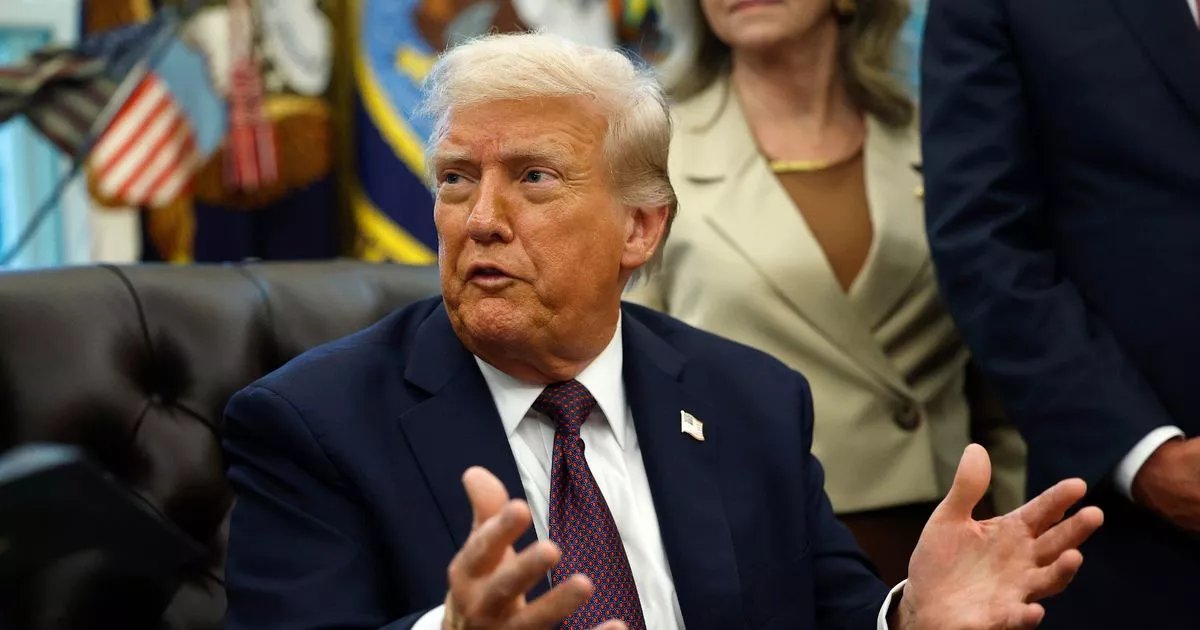The Trump administration’s intention to federalize a segment of the Illinois National Guard has surfaced, despite facing obstacles in its campaign against internal adversaries. The decision to mobilize 300 Illinois National Guard members under federal control was disclosed by Democratic Governor JB Pritzker, denouncing the move as “outrageous and un-American.” The directive from the recently renamed Department of War, received by the state’s National Guard, compelled action without specifying deployment details, although President Trump has consistently talked about deploying troops to Chicago for law enforcement purposes.
Governor Pritzker condemned the ultimatum from the Department of War, emphasizing the impropriety of forcing a Governor to deploy military personnel within their state against their wishes. This development in Illinois mirrors similar federal law enforcement interventions in other parts of the country, such as Baltimore and Memphis, with President Trump having previously dispatched the National Guard to Los Angeles following a law enforcement initiative in Washington DC.
Pritzker criticized the federal government’s actions in Illinois as a staged event that disrupts the lives and jobs of National Guard members. He highlighted ongoing collaborative efforts among state, county, and local law enforcement to secure the Broadview ICE facility near Chicago, asserting that Trump’s motives are more about authority than public safety.
Recent arrests near the immigration facility prompted by protests have drawn attention to the Trump administration’s heightened immigration enforcement activities this fall. Despite Trump’s rhetoric about sending federal troops to Portland, Oregon, local authorities have contested his portrayal of the city as a battleground, suggesting his assertions rely on outdated images from 2020 unrest following George Floyd’s tragic death.
However, Trump’s broader National Guard deployment plans faced a setback after a federal judge in Oregon temporarily blocked the administration from sending troops to Portland, responding to legal action from the state and city government. US District Judge Karin Immergut emphasized the nation’s historical resistance to military intervention in civil affairs, reaffirming the primacy of Constitutional law over martial law principles.
